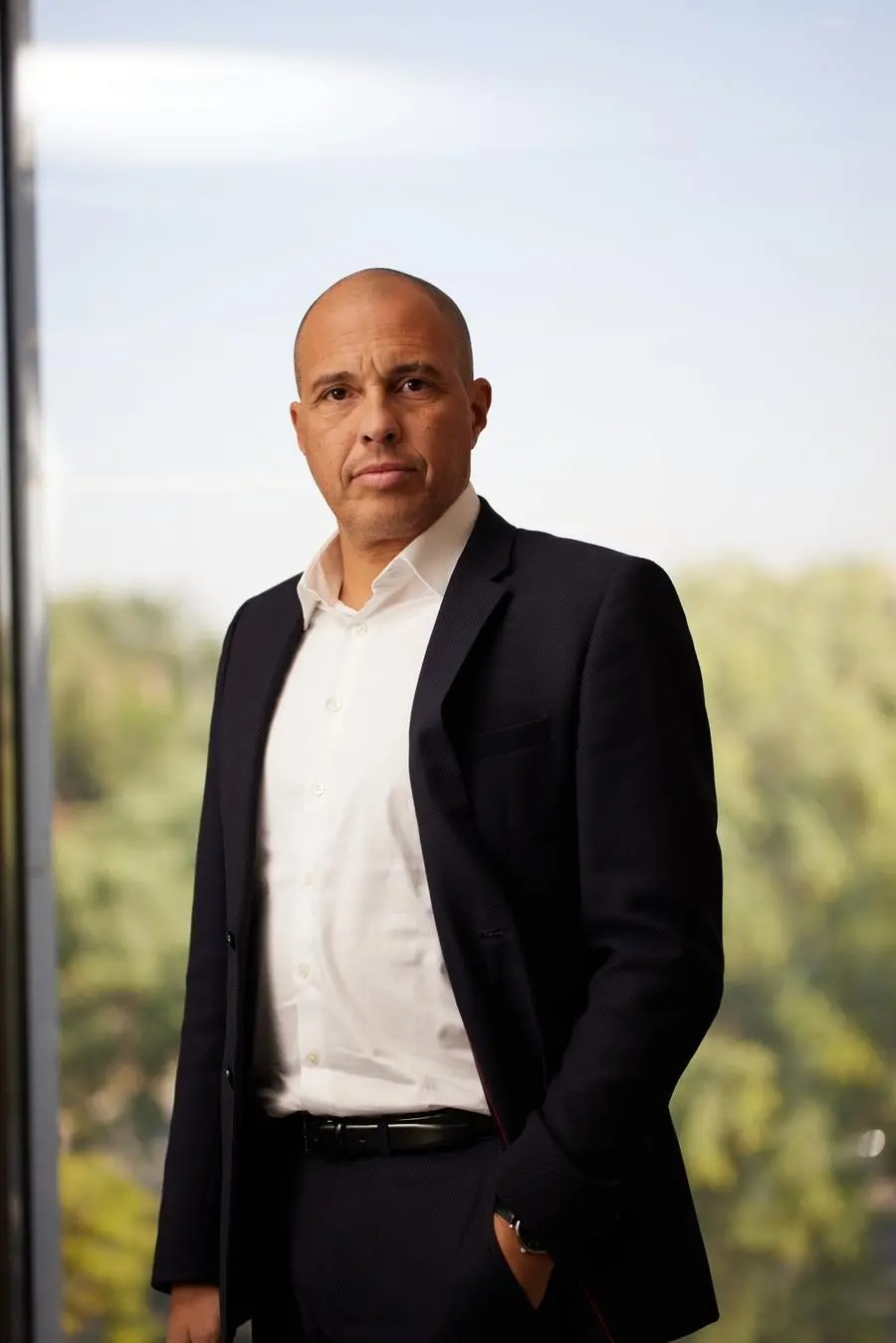Dubai United Arab Emirates
With its listing on EGX, Bonyan delivers a much-needed breakthrough for real estate investment, according to Bonyan CEO Tarek Abdel Rahman. With a Gross Asset Value of EGP 17.41 billion ($358 million), it began trading on EGX last month.
Bonyan raised a total of EGP 1.8 billion by offering nearly 21% of the company’s shares through both private and public placements. Institutional investors were allocated 95% of the shares offered while the remaining 5% went to the retail market. Although a significant oversubscription preceded the trading, the company’s share price closed largely flat at EGP 4.97 on debut, far below the fair price of nearly EGP 7.52 forecasted by the independent financial advisor.
Last week, the stock traded at around EGP 4.4, a nearly 10% decline from its debut price.
Rahman blamed the stock’s underperformance on misconceptions about the company’s valuation metric, particularly among retail investors. “Our main valuation metric is not the rent yields but the gross asset value. In a high inflationary environment, the real-estate asset price increases far higher than the rent value.”
Market analysts related the underperformance to the company’s announcement that it will not be distributing dividends for the first 18–24 months. Noting that the listing “was meant for capital increase” Rahman argued that “the best way to recycle the money in the next 18–24 months is through the purchase of more assets”.
Despite the stock’s underperformance, Rahman pointed to a positive outcome of the listing: “The good thing is that none of the institutional investors who joined the listing had sold their stocks. Sales are only driven by retail investors,” he said.
Abdel Rahman remains confident that the stock price will reflect the true value of his company in the long term.
“I believe the share price should be no less than EGP 10, and this is what I am going to work towards,” he said.
Besides seeking to acquire more administrative buildings, Bonyan’s expansion plans include the addition of a new asset class to its portfolio.
“We are also looking for grade-A warehouses that can be offered to the likes of Amazon, Noon and other multinationals” he said.
Egypt’s real estate investment landscape
Indirect real estate investment remains an undeserved sector in a country where construction and real estate development are a driving force of economic growth, according to Abdel Rahman.
“As far as real estate is concerned, EGX only has developers and no investment firms. It is important for EGX to have a company like Bonyan,” he said.
According to Abdel Rahman, the listing came at an opportune time as real estate prices continue to soar, whereas the purchasing power of retail real estate investors falls short of catching up.
Construction and real-estate development contribute nearly 18% to Egypt’s GDP, according to The Central Bank of Egypt. In 2024, real estate sales recorded an annual increase of 65%, reaching EGP 2.5 trillion compared to EGP 1.5 trillion in 2023, according to the country’s Real Estate Development Chamber.
According to global real estate company JLL, real estate prices increased in some parts of Cairo by 112% in 2024. In Q2 2025, prices have risen nationwide by 30% compared to the same time of last year, according to official figures.
In recent years, direct real estate investment has become widely viewed as the safest wealth reservoir, in a country grappling with consecutive waves of currency devaluation and steep monetary asset depreciation.
Bonyan’s business model is based on the acquisition of operational and leased assets that can generate immediate income.
“I buy grade-A office buildings that are fit for multinational companies from design and safety viewpoints,” Rahman said. Sixty per cent of Bonyan’s tenants are MNCs, and 40% are leading local enterprises. Rahman added that by investing primarily in office real estate, Bonyan is immune to the potential real estate bubble that some skeptics have been recently warning of.
Weathering uncertainties
Despite signs of potential recovery, the Egyptian economy remains vulnerable to regional and global instability given its huge external financing needs.
According to Abdel Rahman, however, Egypt’s economic uncertainties can hardly affect Bonyan.
“We own very-low volatility assets; real estate is both inflation- and currency-devaluation-proof,” said Rahman. With 57% of its lease contracts denominated in the US dollar, the company can easily absorb the shocks caused by currency devaluations and inflationary waves, he explained.
Its EGP-denominated leases mostly last for no longer than five years, and tenants are expected to fulfill a 12% to 15% annual inflation-adjustment mark up, he added. “In these contracts, I only carry the currency devaluation risk for the contract period. At renewal time, the rent is readjusted to the latest exchange rate.”
However, tight monetary policies remain the main challenge to Bonyan, which has been forced by high interest rates in recent years to deviate from its capital-raising model, which usually relied on a debt financing ratio of 65%–70%.
Instead of relying on bank loans to acquire existing and operational properties, the company purchased two off-plan and installment-based assets over the last two years, Rahman said. “I switched from direct leverage from banks to indirect leverage from real estate developers.”
For more Information contact: www.dxrprop.ae
Call/WhatsApp: +971501090635
Email: alnashra2013@gmail.com
– To write a special article about the name of your organization or company, you can write to the following email:

